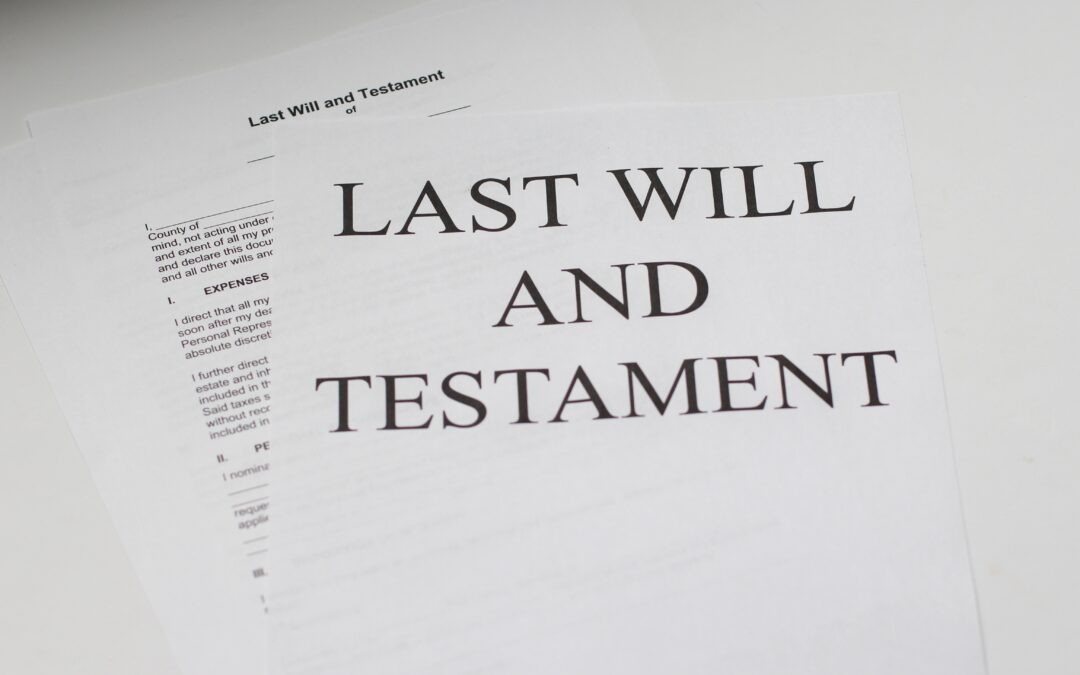What is a family provision claim?
In Australia, we all have testamentary freedom to choose who receives a benefit under our Will. However, the Succession Act sets out who can make a claim for further provision from an estate, often referred to as a Family Provision Claim. The people eligible to make such a claim include:
1) A spouse or ex-spouse;
2) A child or grandchild;
3) A de facto; and
4) A person living in close domestic relationship with you before your death.
Why can eligible persons make a claim?
The public policy reason for having family provision claims is the idea that you have a moral obligation to provide for close family members and that if you do not provide for them, the rest of society will have to provide for them in the form of social security.
How can eligible persons make a claim?
Within 12 months of your death, an eligible person can make an application to the Supreme Court of New South Wales to claim further provision from your estate. Often, the process begins with a letter from the eligible person’s solicitor to the executor of the estate, requesting that the estate not be distributed until the claim is settled.
If the matter is not settled between the Executor and the Applicant, the Court will make a decision about provision based on:
a) The financial position of the applicant;
b) Whether there is anyone else who has a moral obligation to the applicant;
c) The contribution made to the deceased’s estate; and
d) The character of the Applicant, including any support or maintenance given to the deceased.
If the Court determines, based on the considerations above, that the Applicant deserves provision, an order will be made requiring the Executor to distribute a certain amount of the Estate to the Applicant.
Preventing Family Provision Claims
There is no simple way to prevent an eligible person from contesting your will when you die. A solicitor can provide assistance with the drafting of the will and potential other strategies to minimise the risk of a claim, including:
1) Move funds into a Family Trust (but you should be aware that these funds may be counted as your estate if they are given within the last 3 years before your death);
2) Have family members sign a deed of release or deed of family arrangement; and
3) Including a statement with your will clearly addressing the considerations outlined in the section above and explaining (without the emotive language) why a person was excluded from your will.
What to do next?
We suggest that you contact us to have a free consultation about potential strategies you can put in place to minimise the risk of a family provision claim in the future. Please call us on 4934 6899 or book an appointment here to have a free consultation with a solicitor.

